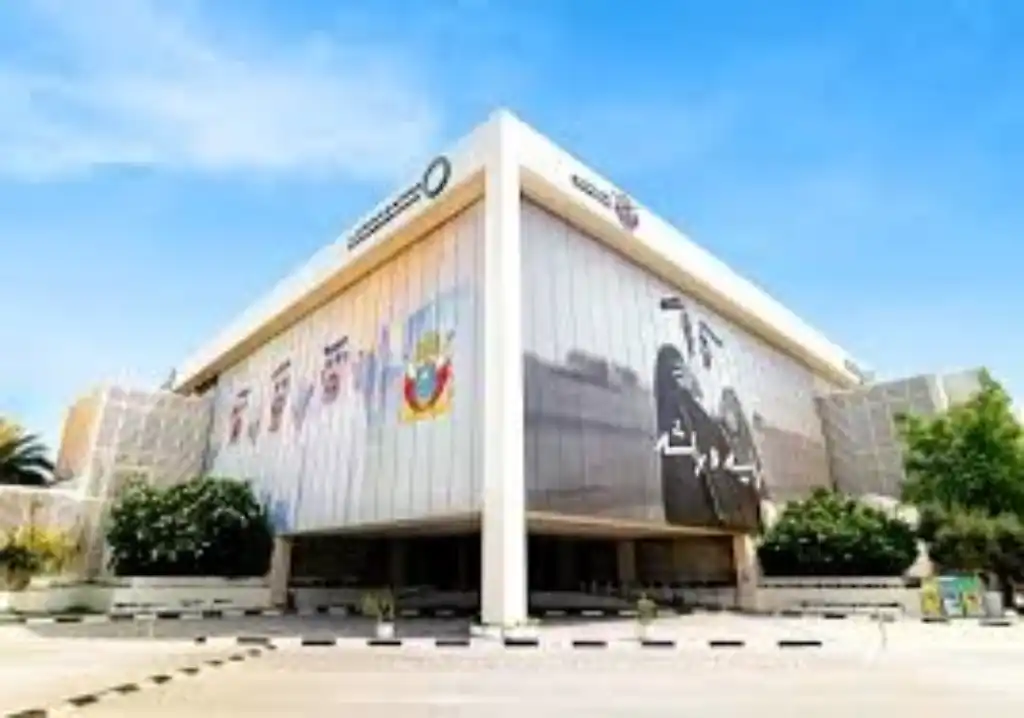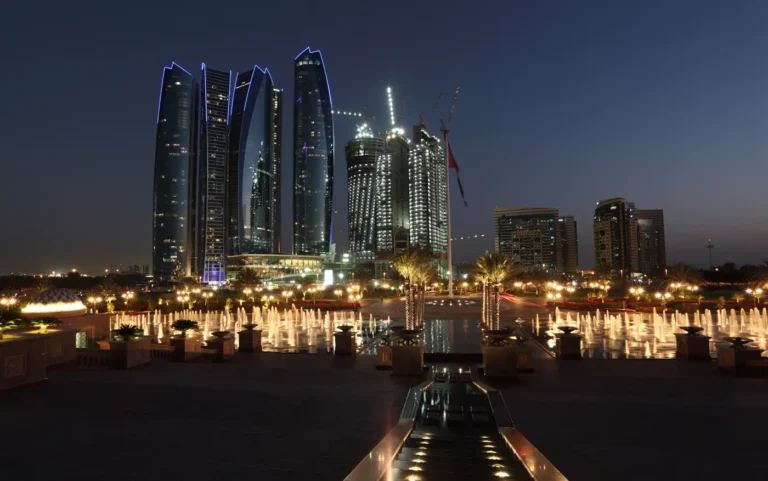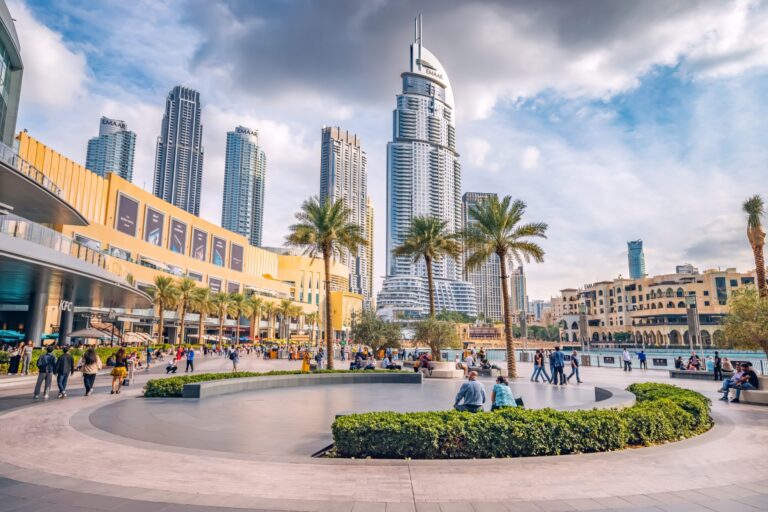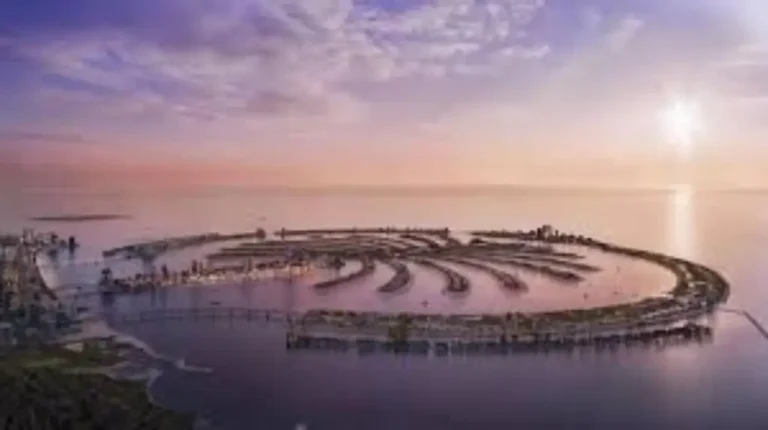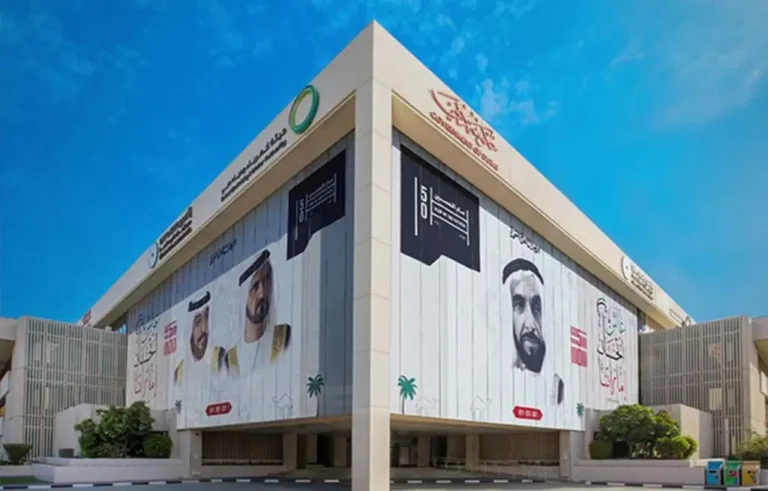Dubai Electricity and Water Authority (DEWA) is implementing DEWA’s Smart Grid with a whopping investment of AED 7 Billion. This decision has been made to support the vision of the UAE’s wise leadership to make the city of Dubai, the happiest and the smartest city across the world. This smart grid ensures seamless, integrated services round the clock, offering advanced features such as automated decision-making and interoperability across the water and electricity network.
By leveraging the disruptive technologies from the 4th Industrial Revolution, making Artificial Intelligence (AI) and the Internet of Things (IoT). This smart grid by DEWA ensures reliable, efficient, and sustainable operations.
“We are guided by the vision of His Highness Sheikh Mohammed bin Rashid Al Maktoum, Vice President and Prime Minister of the UAE and Ruler of Dubai, and the directives of His Highness Sheikh Hamdan bin Rashid Al Maktoum, Crown Prince of Dubai, Deputy Prime Minister and Minister of Defense of the UAE, and Chairman of The Executive Council of Dubai, to develop state-of-the-art infrastructure that supports Dubai’s push to become the smartest and happiest city in the world. DEWA’s smart grid – with investments totaling AED 7 billion up to 2035 – contributes to providing electricity and water services according to the highest standards of availability, reliability, sustainability and quality,” said the MD and CEO of DEWA; HE Saeed Mohammed Al Tayer.
“It has enabled DEWA to achieve competitive results, surpassing prominent European and American companies in efficiency and reliability. In 2023, line losses in electricity transmission and distribution networks were reduced to 2%, compared to 6%-7% in Europe and the US. Water network losses reached 4.6%, significantly lower than the approximately 15% recorded in North America. DEWA also achieved a world record in electricity Customer Minutes Lost (CML) per year, with Dubai recording 1.06 minutes per customer, compared to around 15 minutes by leading utility companies in the European Union,” he further added.
In the year 2014, DEWA developed its first Smart Grid Strategy. In the year 2021, it launched an updated strategy that will further extend to 2035, transitioning smart grid programmes into 6 key themes. These schemed were made to enhance smart enablers and offer great flexibility to the emerging requirements and opportunities. They surround the leading smart grid enablers that sync with the strategic objectives by DEWA.
Among the smart grid programmes is the Automatic Smart Grid Restoration System. It is the first-of-its-kind system in the Middle East and North Africa. The system was made to enhance the control, management, and monitoring of DEWA’s power network. It uses innovative central systems to locate faults, isolate them, and automatically restore services and operates round the clock without any human intervention. This advance system improves grid automation, service restoration, and fault detection without any fuss, further supporting DEWA’s commitment to deploying its services as per the highest standards of efficiency, accountability, and reliability.
In the year 2022, DEWA launched the Analytics and Big Data platform to integrate smart grid applications and operational technologies among others. This enables the processing of huge amounts of data and provides fact-based analytics and forecasting for current and future projects. This platform contributes to improving the operations and management of assets and smart meters, thereby enhancing the experience of stakeholders and improving their happiness.
The “High-Water Usage Alert” service supported by the smart grid detects any leaks in water connections post the meter. The smart meter system sends instant notifications to customers if it detects any unusual increase in the consumption in a way that they can quickly repair the internal connections and plug and leaks with the help of an experienced technician. Since its launch in the year 2019 and until the end of 2023, the service has succeeded in detecting 1,811,681 water leaks after the meter, 36,005 defects, and 13,397 cases of improved load.
Source : mediaoffice.ae

